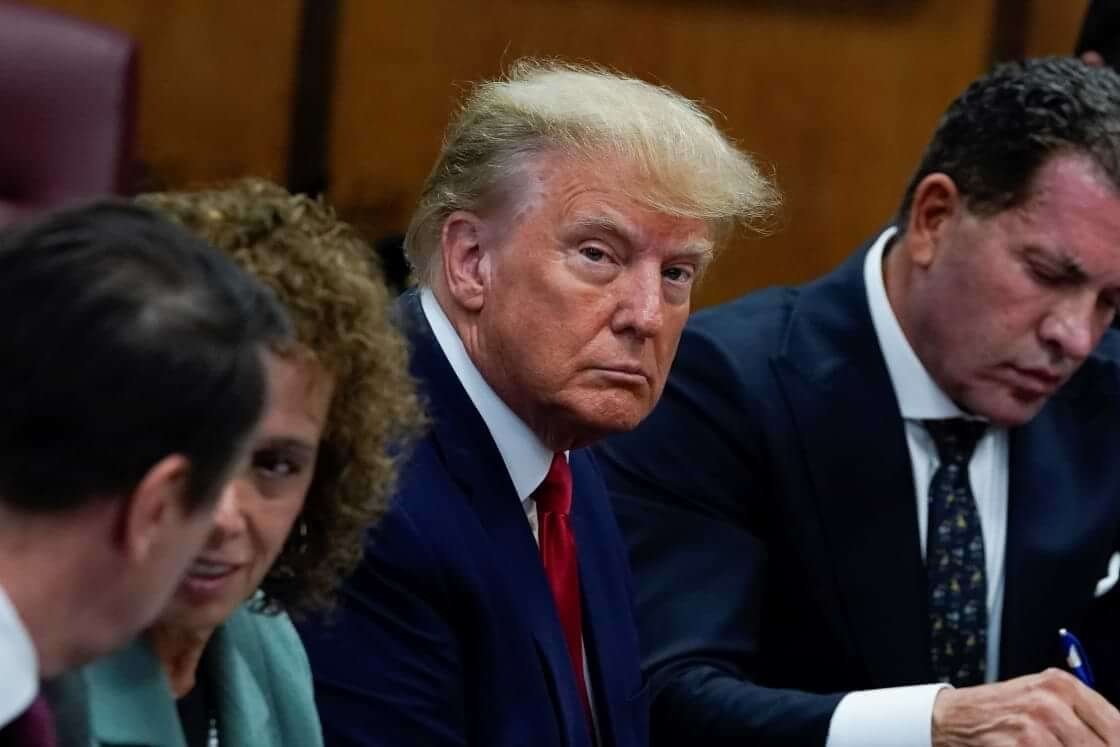
ICYMI In a powerful statement, the Native American Guardians Association (NAGA) has threatened a national boycott of the Washington Commanders unless the NFL team reverses its decision and changes its name back to the Washington Redskins. This demand aims to revitalize the team’s relationship with the American Indian community and acknowledge the significant role Native Americans played in American history. The NAGA, led by Founder and President Eunice Davidson, has sent a letter addressing the issue to the team’s ownership and key leadership, urging them to make the change.
The Washington Commanders aka the Washington Football Team, was originally known as the Boston Redskins and has a long history with the Native American community dating back to its establishment in 1933. The team’s name, “Redskins,” was chosen to honor America’s original inhabitants. However, in recent years, the name has faced increasing scrutiny, with critics arguing that it is racist and offensive to Native Americans.
The NAGA’s letter highlights the importance of recognizing the Native American population’s steadfast role in American history. It emphasizes that canceling or erasing their contributions is not acceptable in today’s society. The letter calls for two specific actions: changing the team’s name back to “The Redskins” and using the team’s historic name and legacy to encourage Americans to learn about the history of Native American tribes and their role in the founding of the nation.
“At this moment in history, we are formally requesting that the team revitalize its relationship with the American Indian community by (i) changing the name back to ‘The Redskins’ which recognizes America’s original inhabitants and (ii) using the team’s historic name and legacy to encourage Americans to learn about, not cancel, the history of America’s tribes and our role in the founding of this Great Nation.” – Native American Guardians Association
The NAGA’s letter also warns the Washington Commanders of a potential national boycott if the name change is not implemented. It references the example of Anheuser Busch (Bud Light) and its significant financial loss following a boycott. The letter makes it clear that the NAGA is prepared to take similar action if necessary to ensure their demands are met.
“Should we need to encourage a national boycott similar to what happened with Anheuser Busch (Bud Light) which is now down $27 billion (note, not one brick thrown, not one highway blocked, not one bridge burned) – WE WILL DO JUST THAT.” – Native American Guardians Association
In concluding the letter, the NAGA emphasizes that in 2023, it is unacceptable to oppress or disregard U.S. history and constitutional rights. The group vows to stand their ground, asserting that failing to acknowledge history will result in repeating past mistakes.
The controversy surrounding the Washington football team’s name change began in 2020 amidst the wave of protests and discussions surrounding racial injustice following the death of George Floyd. Many activists and advocates claimed that the name “Redskins” was derogatory and perpetuated harmful stereotypes against Native Americans.
In response to the pressure from the cancel culture movement, the team announced in 2020 that it would remove “Redskins” from its name. Two years later, the new name, Washington Commanders, was unveiled as the official name for the national professional football team. However, this decision has not satisfied the Native American community, leading to NAGA’s call for a boycott.
If the Native American Guardians Association’s boycott threat gains traction, it could have significant consequences for the Washington Commanders. A national boycott would not only affect the team’s revenue but also damage its reputation and standing within the NFL community. The pressure for change is mounting, and the team’s response will be closely watched by fans, players, and the public.
The fate of the Washington Commanders rests on their response to the Native American Guardians Association’s demands. As the team considers the implications of a national boycott and the importance of acknowledging Native American history, it faces a pivotal moment in its relationship with the American Indian community. The outcome of this situation will shape the future of the team and potentially set a precedent for other sports organizations facing similar controversies.

